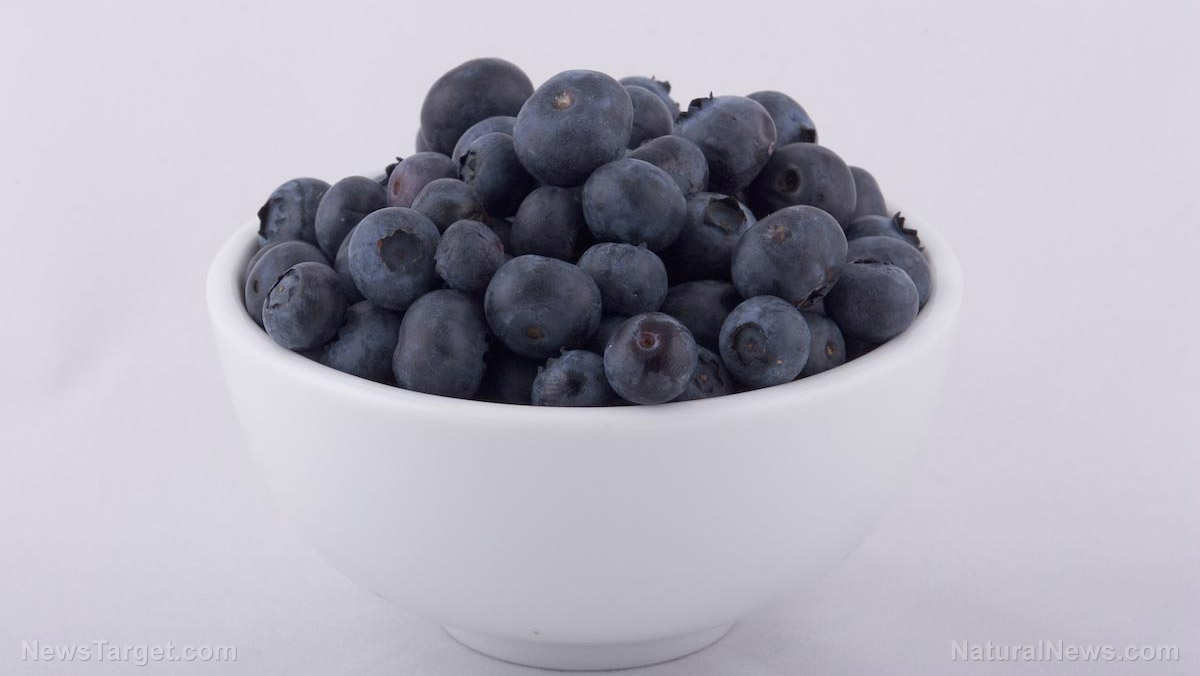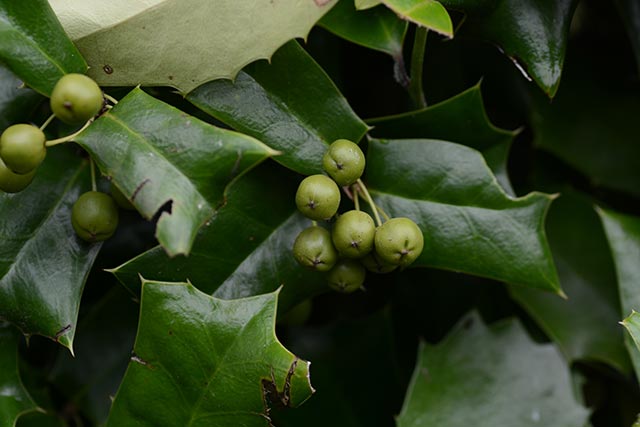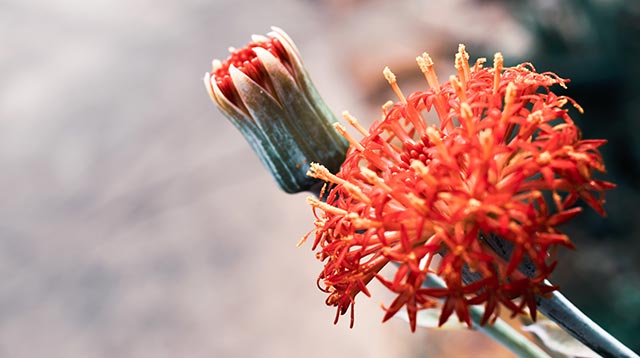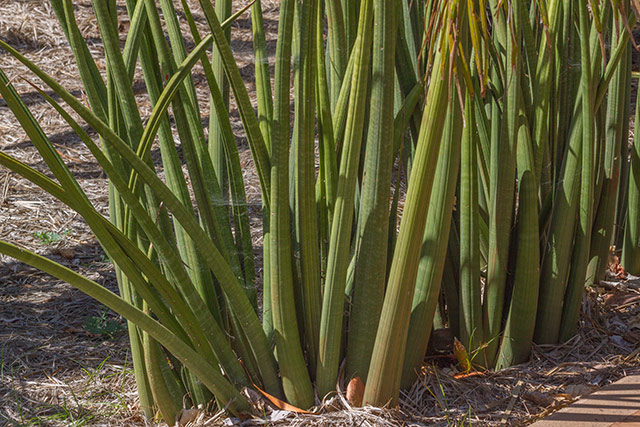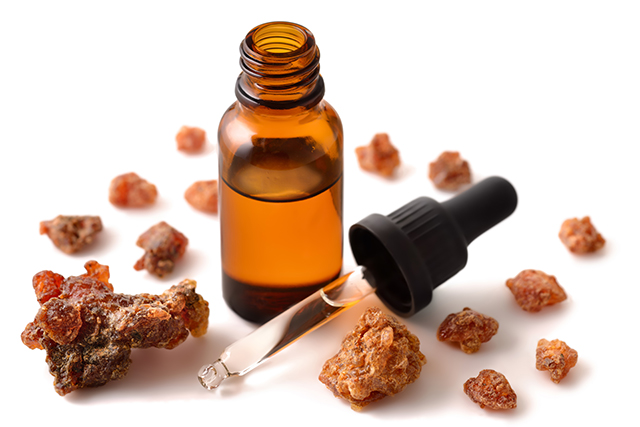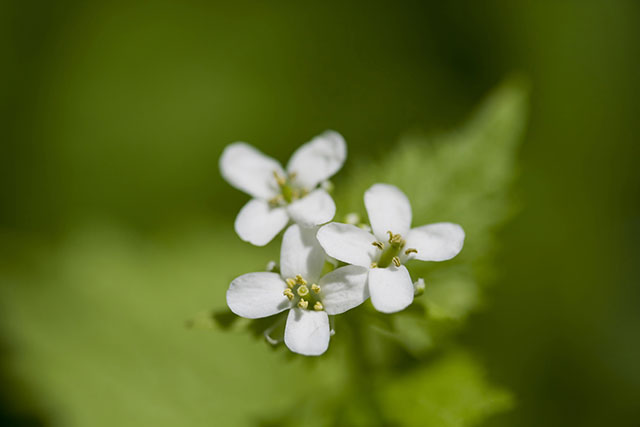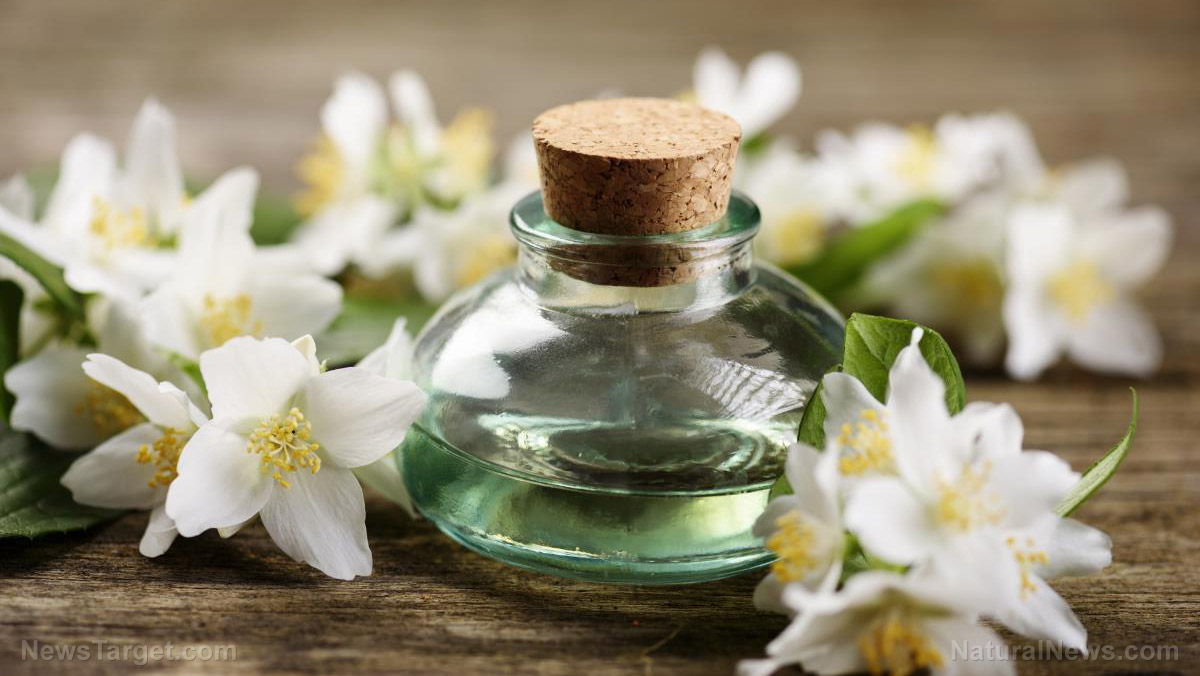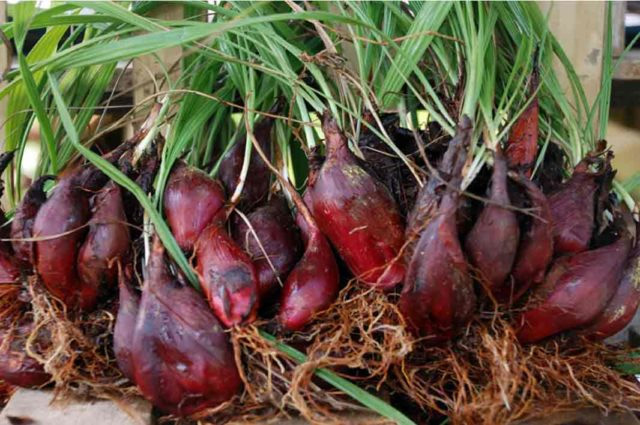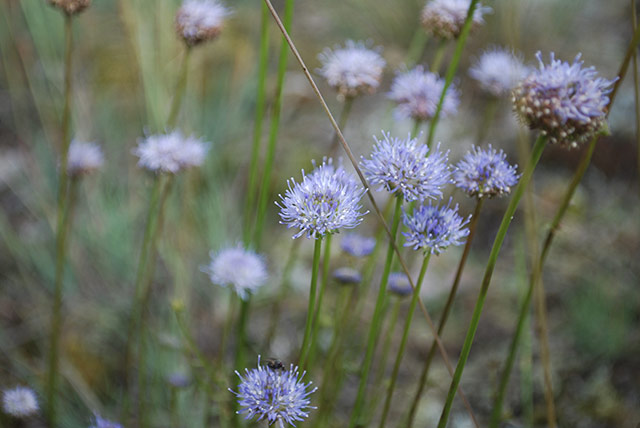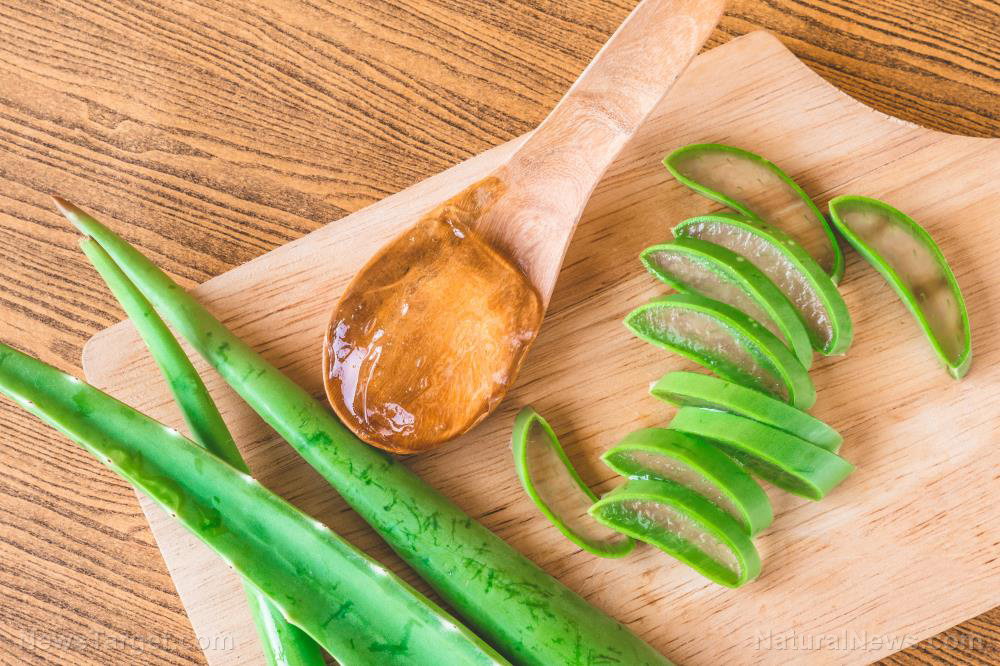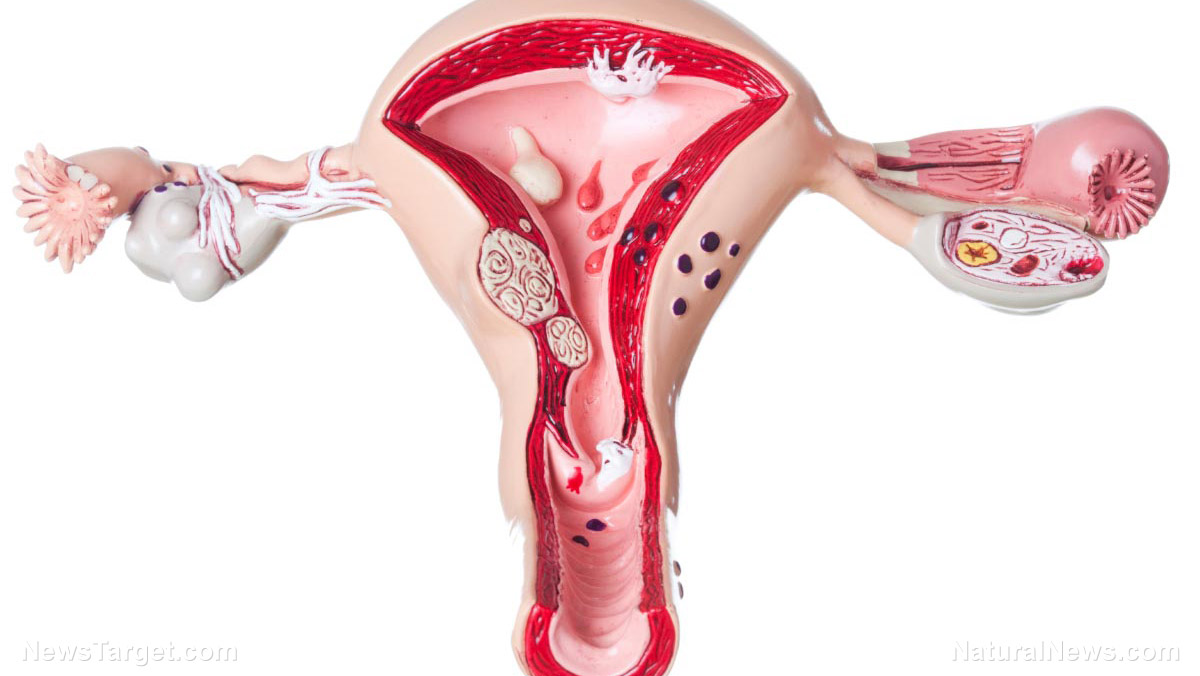Scientists stunned: Diabetics can reduce their risk of cardiac disease by eating this type of banana
08/16/2018 / By Edsel Cook

The bush banana (Uvaria chamae) might sort of look like the banana (Musa genus), but they are totally unrelated. The former is a wild climbing shrub from West Africa while the latter is technically a berry plant. A recent Nigerian study suggested that eating bush bananas is a good way for people with diabetes to lose weight and avoid heart disease.
Diabetes mellitus causes severe disruption of the metabolism of the body. People with diabetes are much more vulnerable to heart problems.
A combination of diet, exercise, insulin therapy, and hypoglycemic treatment are used to keep diabetes in check. Researchers are constantly looking for more effective ways to remedy the symptoms of the disease.
Traditional ethnomedicine treated diabetes using a number of herbal medicines. One of these plants is the bush banana.
Also called “finger-root” – and in no way related to the Chinese herb Boesenbergia rotunda that also shares its name – the bush banana contains numerous phytochemicals: Alkaloids, flavonoids, glycosides, phenols, saponin, tannins, and terpenoids.
An earlier study by researchers from the University of Lagos (Lagos) found even more secondary metabolites in the plant. They believe these phytochemicals are responsible for the hypoglycemic activity of the bush banana as a traditional herbal treatment for diabetics. (Related: All it takes is 14 days: Two weeks’ worth of exercise significantly improves beta cell function and reduces pancreatic fat in adults with Type 2 diabetes.)
Bush banana root extract compared with insulin for anti-diabetic activity
The Lagos research team determined to study the anti-diabetic hypolipidemic activities of bush banana. They derived a hydroethanolic extract from the roots of the plant and tested it on diabetic rats.
In the experiment, the rats were injected with streptozotocin, a chemical that induces diabetes mellitus. All animals that displayed blood glucose levels that exceeded 200 milligrams per deciliter (mg/dL) were considered diabetic and used for the experiment.
Thirty rats were divided into six groups with five animals per group. One group would not receive any treatments.
Three more groups received different doses – 100, 200, and 400 milligrams per kilogram (mg/kg) – of the bush banana extract. The animals of the fifth group were injected with insulin.
The last group of animals received a placebo in the form of an acacia solution. All treatments lasted for eight days.
During the first, fifth, and last day of treatment, the researchers drew blood from the animals for biochemical testing. The rats were weighed and then sacrificed to harvest their pancreas.
The bush banana can support your pancreas, liver, and heart
The researchers reported that the blood glucose levels of all the extract-treated diabetic rats were much lower compared with the untreated animals. All three doses achieved at least 80 percent glucose reduction.
Examination of the pancreas of the extract-treated animals showed that the islet of Langerhans reappeared within the organ. These cell clusters are involved in the production of insulin that regulates blood sugar.
Diabetes mellitus often damages or destroys the islet of Langerhans. However, the clusters in the pancreas of the treated animals showed signs of regeneration. In comparison, the pancreas of insulin-treated rats did not regenerate their islet of Langerhans.
The extract also reduced the plasma total cholesterol and LDL-cholesterol levels, suggesting that it has hypolipidemic agents. Furthermore, it decreased aspartate aminotransferase and alanine aminotransferase in the blood. These enzymes are released into the blood by damaged liver cells and heart injuries, so the extract was able to remedy the problems with these organs.
Finally, treated mice showed lower weight levels than untreated diabetic mice. Healthy weight levels reduce the load on beta cells and improve insulin resistance.
These findings lead the researchers to conclude that the bush banana could offer an alternative means of remedying diabetes mellitus.
Find out about other medicinal plants that could support your health at NaturalCures.news.
Sources include:
Tagged Under: antidiabetic, bush banana, diabetes, diabetes mellitus, diabetes treatments, herbal diabetes treatment, herbal medicines, hypoglycemic, insulin, prevention, weight loss, weight loss foods

